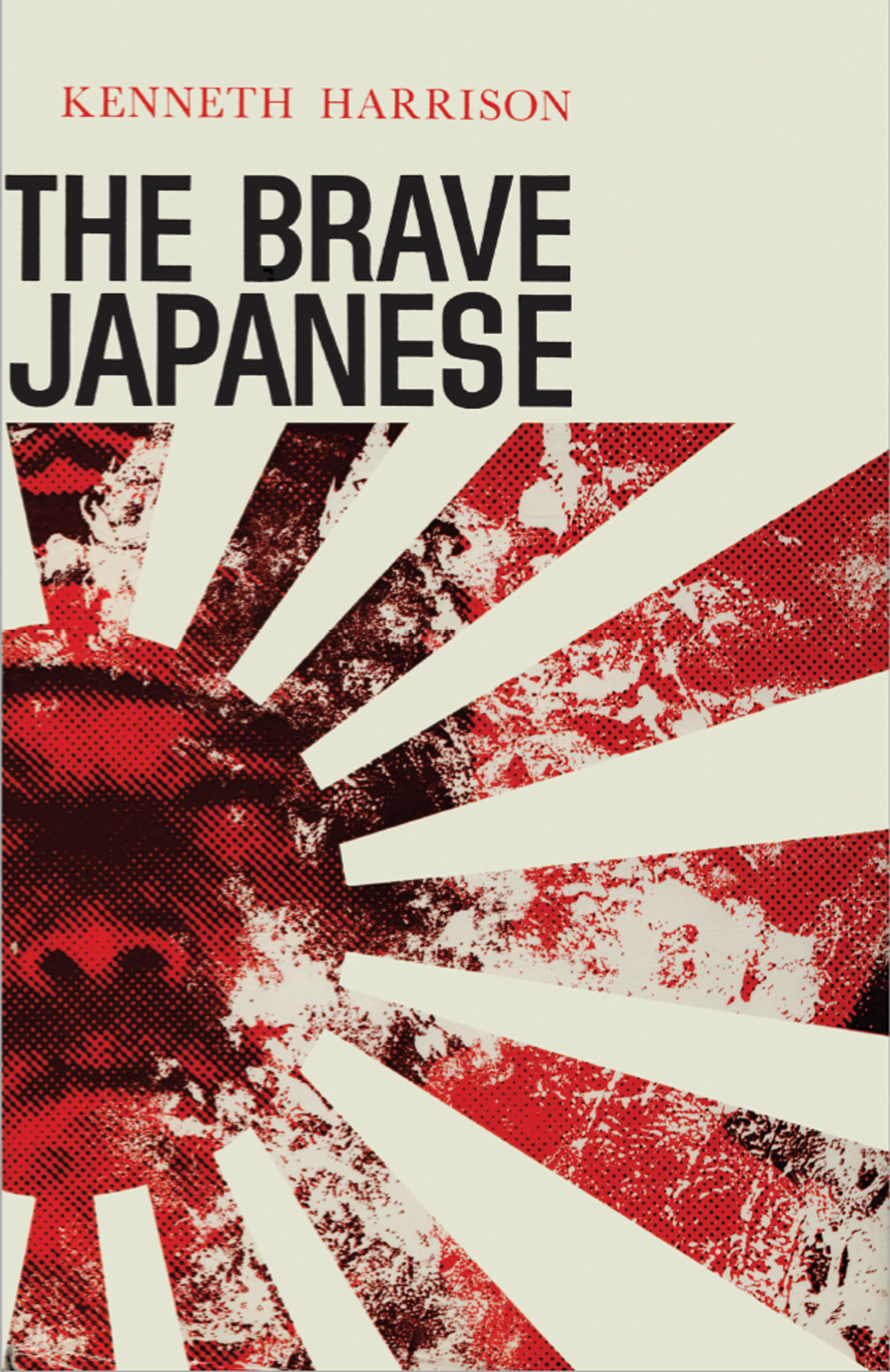 The Brave Japanese is my father Kenneth Harrison's war memoir detailing his experiences as an ANZAC in Malaya, a Japanese POW and as one of the first four allied soldiers to enter Hiroshima after the atomic bombing of 1945.
The Brave Japanese is my father Kenneth Harrison's war memoir detailing his experiences as an ANZAC in Malaya, a Japanese POW and as one of the first four allied soldiers to enter Hiroshima after the atomic bombing of 1945.
The book was re-printed as The Road To Hiroshima in 1982 shortly after his death.
I privately organized this reprinting in 2010.
Kindle book from Amazon (read reviews from Amazon UK)
Audo book from Audible
E-Book in MOBI format (Amazon Kindle compatible)
Extract from Chapter 1:
WE WERE IN a gay mood that very early day of September, 1945, as we approached Hiroshima. As usual, the Japanese civilians in the train were remarkably friendly once their early awe of our “military police” armbands disappeared, and we had gladly shared their simple breakfast of cold rice and pickled daikon.
Before long everybody in the carriage was smiling at the nonsense of Puteh and Khaw Kok Teen, who were trying out their charm and knowledge of the Japanese language on two girls who had dissolved into helpless giggles behind their fans. I exchanged a smile with Alan Foo and then glanced idly out of the window.… At first I could not believe my eyes. Was it imagination, or were the houses here really built with a slight slant almost like the tower of Pisa?
But then we saw more leaning houses, and more, and the closer we came to Hiroshima, the greater became the angle, until the bamboo walls were bent back as though they had been carelessly pushed by some giant hand.
The next lot of houses lay flat, and then there were no houses—only ashes. Thus we came to the quiet city of Hiroshima.
The train pulled in to a completely bare platform—all that was left of the outermost of three railway stations serving Hiroshima—and we climbed down, and stared about us incredulously. Hiroshima was a silent wasteland of desolation and ashes.
From our platform we could see that the uprooted railway line made a wide sweep around the city, and so complete was the devastation, that the low, bare platforms of the other two railway stations were clearly visible in the distance.
The outlines of the streets stood out in geometric squares as precisely as though they had been drawn on paper. Here and there a tower, or the shell of a concrete building still stood, but the rest of Hiroshima was a flat, grey desert.
We left the platform and walked down what had been a street to make a closer inspection. A heavy cordon of armed police ringed the city, and although they stopped and questioned all civilians we were allowed to pass in silence.
The corpse of Hiroshima lay cradled between distant hills and the waters of the Inland Sea, and as we walked down the ash-covered bitumen strip, the fierce sun of the Japanese summer lanced the blue water and made it dance and sparkle. Bright sunshine and a deep blue sky—that’s how the papers said it had been on that other day just one month ago.…
The brooding silence was almost like a presence, and we spoke in low tones. For the first time since I had known them, Puteh and Kok Teen looked serious and troubled. We are told that even at Passchendaele the birds still twittered and sang above the shellfire, and that when the artillery barrage in Flanders ceased, men were amazed to hear nightingales. But here at Hiroshima there was only silence. There was no traffic; no trees rustled, no insect chirped, no bird sang. Footsteps were muffled by the ashes, and even the wind found nothing to sigh against. The policemen ringing the city stood motionless under the hot sun, and had it not been for the small groups of people digging and searching aimlessly in the debris it might have been simply a painted scene. There was a smell of death, and the silence was the silence of death.
A group of sweating men digging in the ruins stared at us dully as we passed. They wore gauze masks and we looked with pity and guilt at the two pathetic piles beside them … corpses on one side, bones on the other.
People walked past slowly, devoid of strength and spirit. Many had burns that were still raw; others were bandaged. A little girl trudged behind with her parents, and my eyes went from her shockingly disfigured face to the doll that she dragged listlessly in the ashes. I noted, irrelevantly, that her doll had slant eyes.
Everyone was in the grip of a strange apathy.
The only person in all Hiroshima showing any emotion was a Japanese, his arms caked to the elbows in ashes, who was kneeling, clasping a battered clock. His back was towards us as we went by and we could not see his face, but he rocked backwards and forwards on his heels, and his sobs sounded shatteringly loud.
We four were the first non-Japanese into Hiroshima after the bomb, but we felt no sense of either history or triumph. Our brother Man went by crippled and burned, and we knew only shame and guilt.